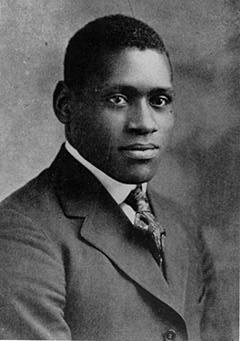
Paul Robeson, Junior at Rutgers University. Source: Rutgers Special Collection and U. Archives
On Oct. 14, 1916, sophomore Paul Robeson was excluded from the Rutgers Football team.
Robeson was one of their best players, but Washington and Lee University refused to play against a Black player. Instead of standing by their full team, Rutgers pulled Robeson from the game.
Robeson went on to be named a football All-American twice, class valedictorian, a lawyer, and one of the best 20th-century actors, singers, speakers, and advocates for justice.
When summoned by the House Un-American Activities Committee (HUAC) on June 12, 1956, Robeson refused to say whether he was a member of the Communist party and he admonished the committee for running a witch hunt.
I am not being tried for whether I am a Communist. I am being tried for fighting for the rights of my people, who are still second-class citizens in this United States of America.
After the hearing, Robeson’s name was removed from the College Football All-American roster, resulting in the records showing a ten-man team in 1918. Rutgers removed his name from sports records until 1995 when Robeson was inducted posthumously into the Rutgers College Football Hall of Fame.
In 2019, the Rutgers Class of 1971 honored the legacy of Paul Robeson by envisioning, championing, and funding the building of Paul Robeson Plaza on the New Brunswick, New Jersey campus of Rutgers University.
Note to readers: If anyone has more information about or a correction to this story, please contact the Zinn Education Project at zep@zinnedproject.org.
Students in grades one to five in a D.C. school wrote to Pearson Education to find out why Paul Robeson was being censored once again, this time from their music textbook.


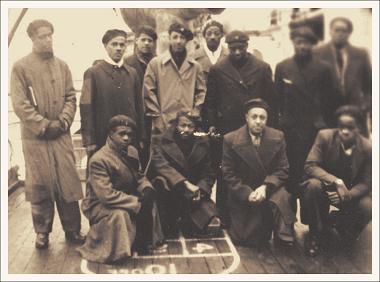
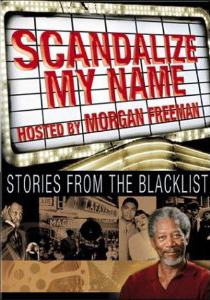
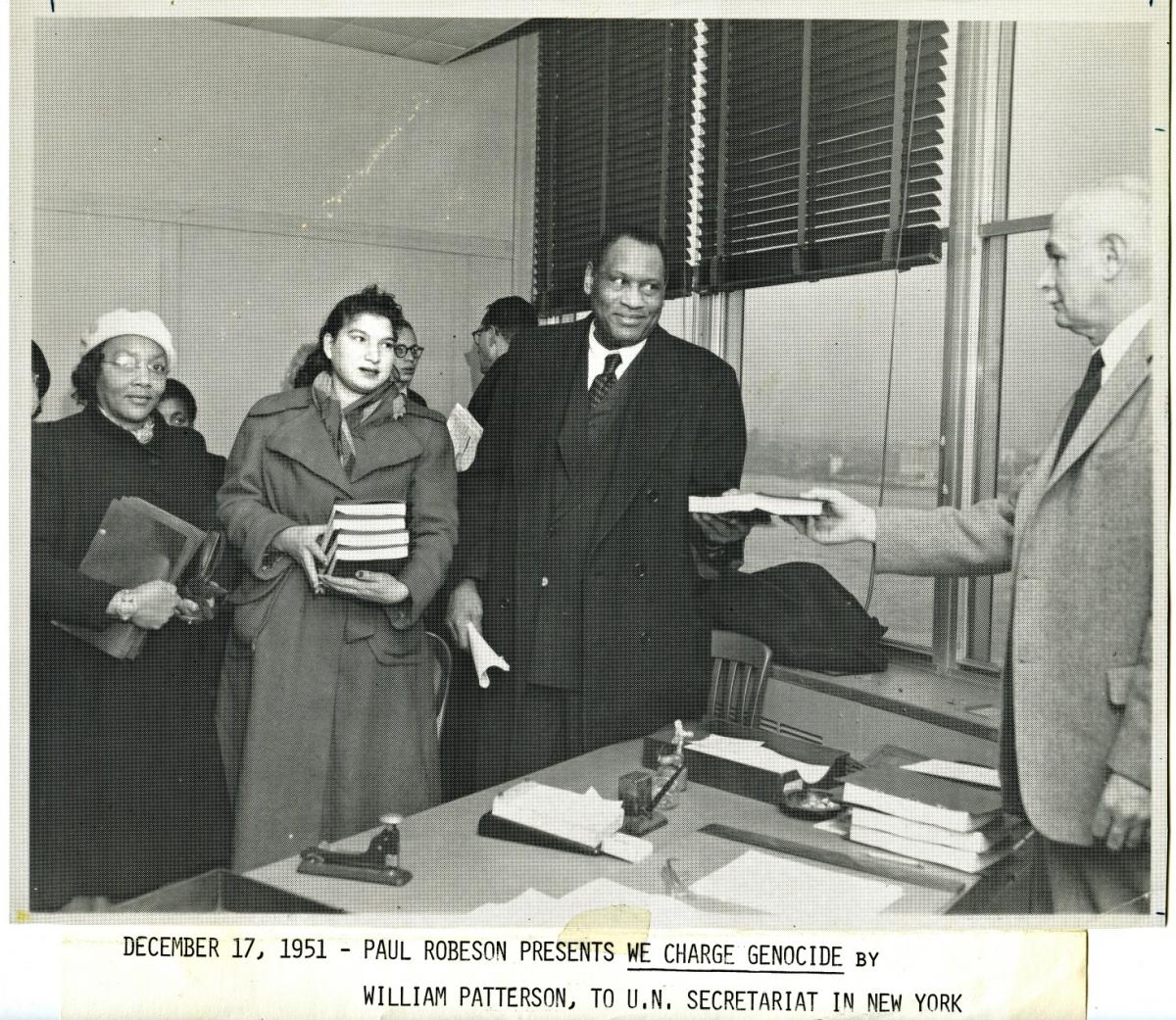
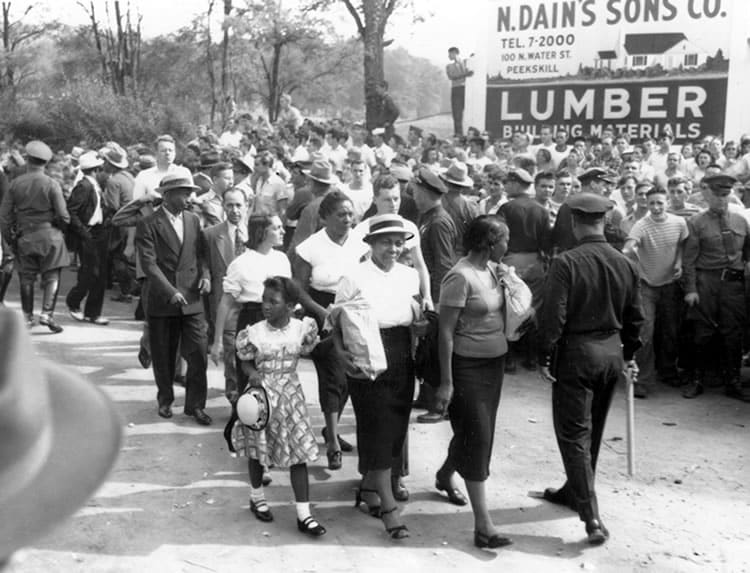
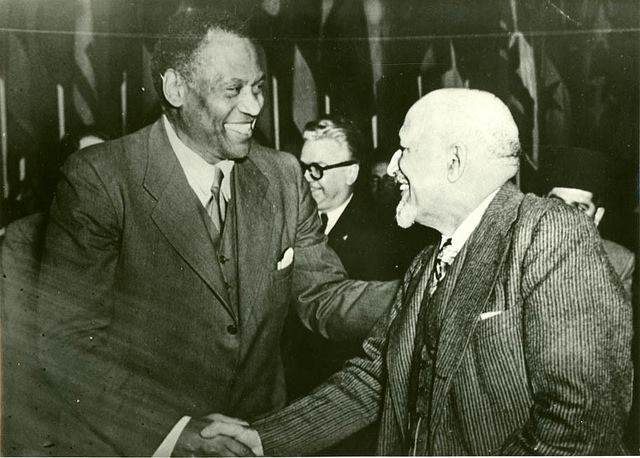





Twitter
Google plus
LinkedIn